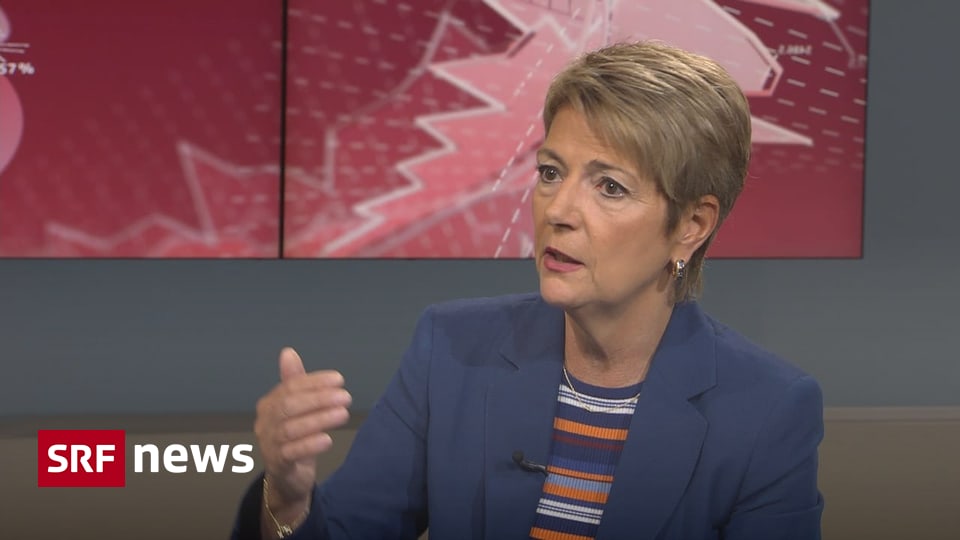Berlin (dpa) – Officials in the European Commission and government employees in the United States or Canada are not exactly the primary target group for Tiktok. The short video service from Chinese group ByteDance, with its viral content, is especially popular among teens less concerned with government security concerns. But after instructions to delete Tiktok from the company’s cell phones, there is once again a general ban on the service in Western countries.
Tiktok’s success story has so far chilled the major social media companies in Silicon Valley. The Facebook Meta group in particular has been trying frantically for months to find an answer to the sudden success from China with a similar concept. YouTube also initially found it difficult to counter Tiktok’s attack. In the summer of 2021, the Google Youtube platform introduced Pants, a format strongly reminiscent of Tiktok. Only Twitter, which previously pioneered live streaming of videos using “Periscope,” has yet to respond.
Fear of user data flow to China
It is said that 70 percent of young adults in the United States are already using Tiktok. With the advent of the service, warning voices have been heard again and again, fearing that user data will be leaked to China.
Federal data protection officer Ulrich Kellber is also critical of Tiktok. As early as June 2021, the data protection officer recommended that federal ministries and authorities not use the Chinese provider’s video application on business devices. However, the announced comprehensive analysis result is still pending.
The Federal Office for Information Security (BSI) also formulates its concerns somewhat vaguely: “Basically, many applications are known to transmit data to their respective manufacturers as well as to third parties.”
Criticism from security experts
The verdict on Rüdiger Trost, who works for the security company WithSecure, is tougher: he considers Tiktok “too dangerous”, said the expert from the dpa news agency. “The Tiktok algorithm specifically harms individuals who, according to Western understanding, need special protection.” For example, videos of the disabled on Tiktok will be played less frequently.
Trost also finds contact with the home country’s government problematic: “Events that do not satisfy the Chinese state fall victim to censorship.” Much of Tiktok cannot be reconciled with Western understandings of human dignity, equality, freedom of expression, and protection of minorities. “The danger of deliberately influencing public opinion in Western societies is at least as great as the danger of espionage. Not least before elections.”
Tiktok does not want to allow such claims to stand in the room. Spokesmen for the group repeatedly claim that US users’ data is processed in the US and that backup servers are located in Singapore. Tiktok is also independent from the Beijing division of ByteDance. But these assurances made little impression on political Washington. GOP officials, in particular, treat TikTok as if they were dealing directly with a service to the Chinese Communist Party.
Ban plans in the US are not on the table yet
The anti-tiktok stance has a long tradition among Republicans. In 2020, US President Donald Trump threatened a general ban on Tiktok if ByteDance did not sell the service to US software company Oracle. Trump saw that the national security of the United States was threatened, but without going into details. TikTok defended itself legally until Trump’s successor, Joe Biden, halted the confusing acquisition plans and acknowledged the actions taken by his predecessor.
But plans for a ban in the United States are far from the table. In a major package of legislation to secure the state budget, Republican Sens. Josh Hawley (Missouri) and Ken Buck (Colorado) have placed bans on smartphone service for government employees. In fact, they are aiming for a complete ban on Tiktok in the US and are also supported by individual representatives of the Democratic Party.
Renowned US security expert Bruce Schneier considers such ban plans a “terrible idea” https://www.sueddeutsche.de/wirtschaft/ “The side effects would be unbearable,” Schneier wrote on his blog. In the end, any effective options (for banning Tiktok) will destroy the free internet as we know it.
Digital files on most US citizens
Schneier writes that there is no doubt that TikTok and ByteDance are shady. “They, like most big companies in China, work on behalf of the Chinese government. They collect an enormous amount of information about their users.” But Tiktok isn’t alone: ”A lot of the apps you use do the same thing, including Facebook and Instagram, as well as seemingly innocuous apps that don’t need data. Your data is bought and sold by data brokers who do this. You’ve never heard of them.” Who have little concern about where the data goes. They have digital files on most people in the United States.”
The expert called for an effective data protection law in the US that could protect consumers in the long run, “and not just from the app of the week.”
© dpa-infocom, dpa: 230301-99-784584/4

“Tv expert. Hardcore creator. Extreme music fan. Lifelong twitter geek. Certified travel enthusiast. Baconaholic. Pop culture nerd. Reader. Freelance student.”







More Stories
Federal Chancellor Karen Keller Souter wants more bank stocks – News
What are the opportunities available to the company?
Investigations against Mercedes have been stopped in the United States – Economy